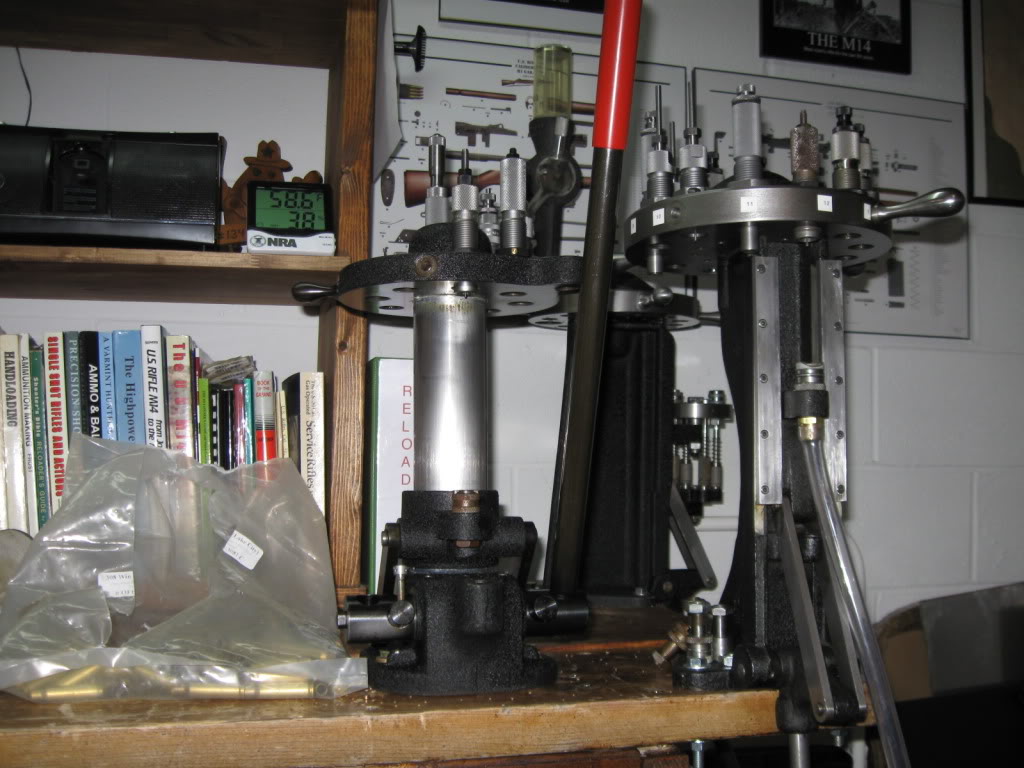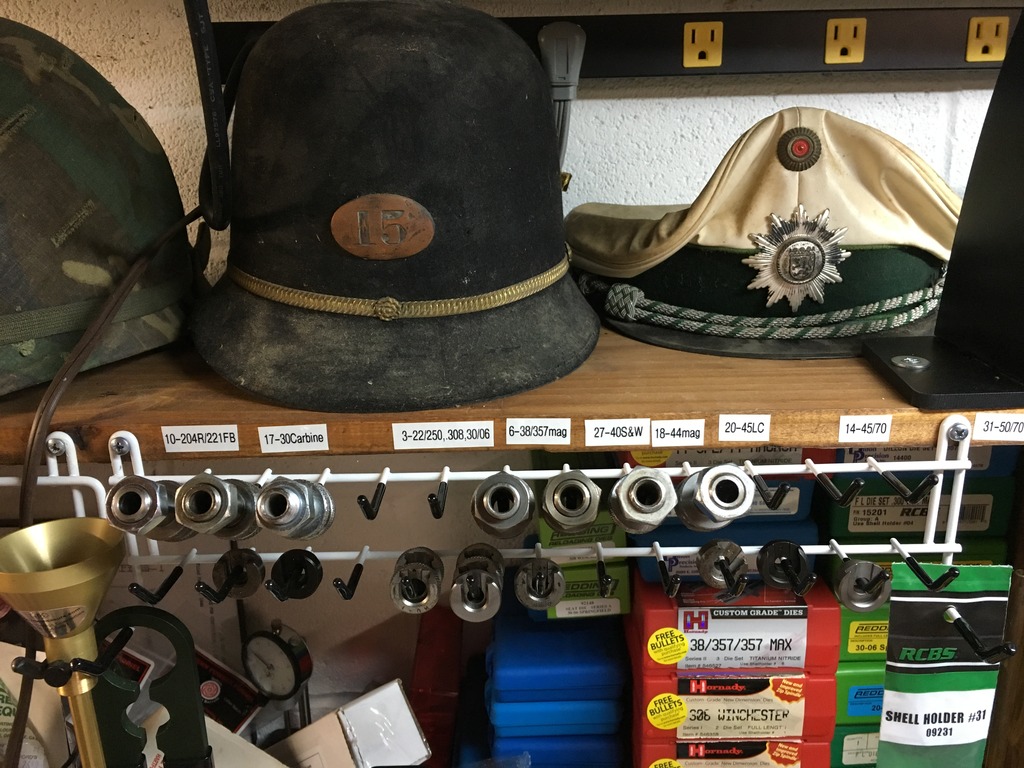Refrigerators are actually great for numerous things. When I worked at YSI we had 75 Watt heaters (incandescent light bulb would work, but proper heaters last longer) and a temperature controller attached to turn them into 150°F epoxy curing ovens for casting oxygen probe bodies.
I've seen refrigerators used for storage of paints and solvents. The magnetic latches pop open under pressure, which is what commercial explosion-proof storage cabinets do. I suppose one could argue the door has more inertia and that will slow its opening and increase peak pressure, but we've all seen videos of cans of smokeless rifle powder lit and burst at their seams without explosive force and the same would happen with the refrigerator door. Black powder is the only things I'd not keep in one, as that would likely send the door and its hinges flying pretty hard.
Since a refrigerator box is insulated, its heat gain will be high. That is, the number of degrees the inside temperature goes up for each watt of heater input will be larger than in a non-insulated box. For that reason, it would be worth taking the temperature a Goldenrod raises it to just to be sure the RH doesn't get too low and speed up your powder burn rate more than you want.
This calculator is easy to use for this. You just select the button to have it work in the temperature scale of your choice, enter the temperature and relative humidity of your basement, click on Calculate and let it work out the dew point temperature for you, then you leave that dew point temperature alone for the rest. Clear the temperature and change the RH to the highest you will accept and click on Calculate again and the temperature result will be the minimum temperature inside the refrigerator box. Clear the temperature and change the RH to the minimum you want and click on Calculate again to get the maximum temperature the inside of the box should get to.
Example: Suppose my basement is 70°F and has 80% RH. I select the option to use degrees Fahrenheit. Enter those values with the dew point temperature left blank and click Calculate. The dew point comes up as 63.55°F. Leave that alone. Clearing the temperature and entering my maximum acceptable RH of 60%, I click calculate and it tells me I need 78.59°F inside as a minimum, so 8.59°F temperature rise. Next, I clear temperature and put in my minimum RH of 45%. I click on calculate and it returns 91.24°F, or 21.24°F temperature rise. The average temperature rise is then about 15°F, so that becomes my target value, but I can accept anything in between for powder.
Clearly, a refrigerator and Goldenrod heater would make a good die storage cabinet, too. Everything inside will be warmer than the outside, so condensation won't occur when you take things out of it to use them.



